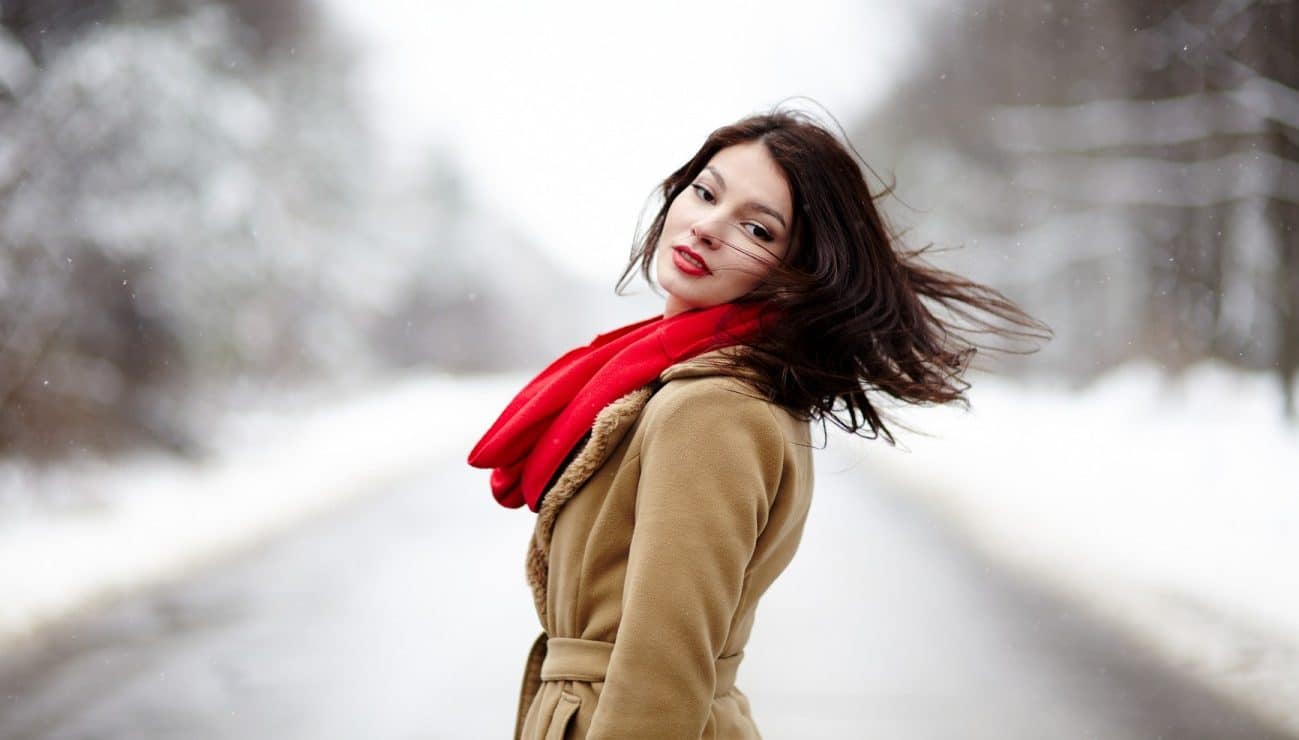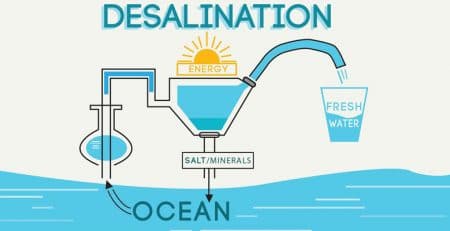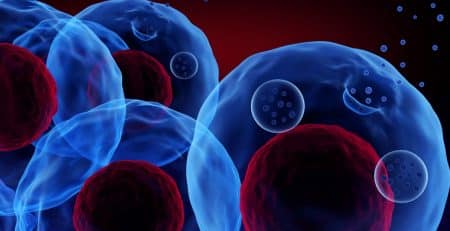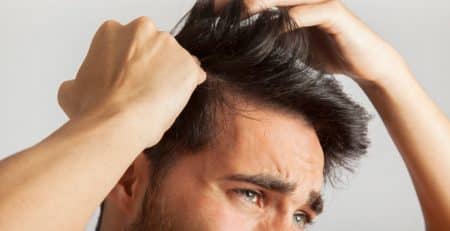Winter Hair Care
Extreme weather conditions affect the hair, but appropriate winter hair care can overcome these adverse effects:
Winter challenges
Static Electricity
Hair loses its moisture in dry winter weather; dry heated rooms compound the problem to make the hair extremely dry and these dry hairs rubbing against each other, lead to a buildup of a turboelectric charge. It is a positive charge. Similar charges repel each other, and the result is “flyaway” hair. As the comb is negatively charged, it will attract hair with a positive charge. The result? Static hair.
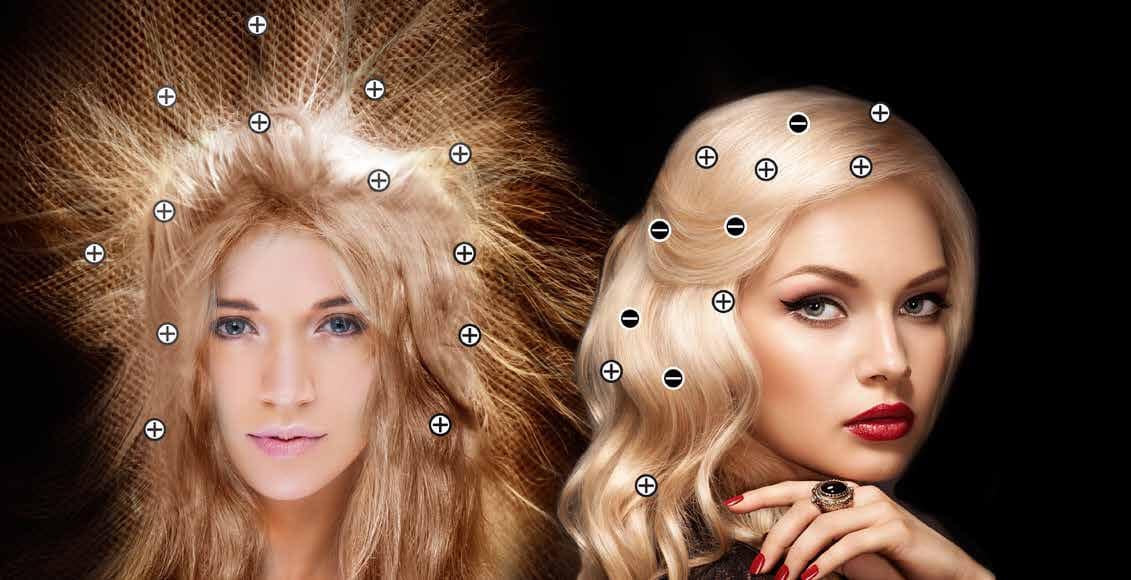
Protection Against Flyaway And Static Hair
- Apply Leave-In Deep-Conditioning Mask once a week: it adds the moisture, reduces friction and consequently the build-up of electricity.
- Use a humidifier in your home during the winter months.
- Use alcohol-free hair care products in winter months, as alcohol further adds up to hair dryness.
Oily And Flaky Scalp
We generally drink less water during cold weather, which causes dehydration and the slowing down of our metabolism. Our tendency to exercise is less during the winter months, which further slows down our metabolism. This creates a winter stress phenomenon. Because of these factors, our hair does not get sufficient nutrients and moisture, and scalp becomes oily and flaky.
Protection Against Oily And Flaky Scalp
Enhance your metabolic rate by exercising. Ensure proper hydration by drinking 8 glasses of water a day. Use humidifiers in heated rooms. Shampoo and condition your hair every day. Once a week use Immediate Restorative, Deep-Conditioning Mask.
Frizziness
Hair loses it’s moisture in dry winter weather, and further extreme changes in outdoor and indoor temperatures cause the hair frizziness.
Protection Against Frizziness
Use a leave-in conditioner and always prime your hair with a thermo-active heat protector before drying and stop drying just short of complete dryness.

